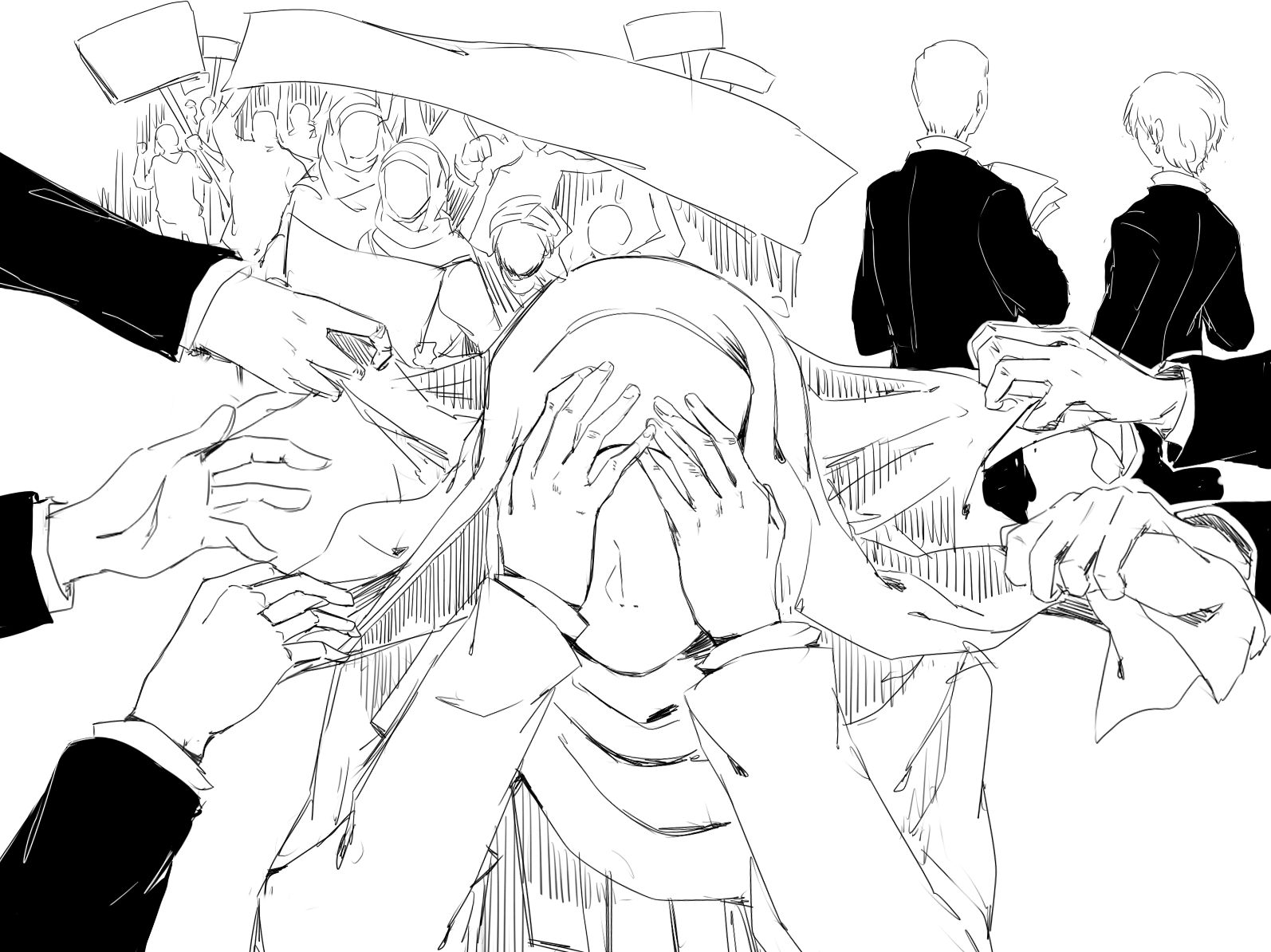A lot has been made recently of the proposed Quebec Charter of Values and the limiting of conspicuous religious symbols worn by public servants. The most interesting element of this is the differentiation between “cultural” and religious symbols, with crosses and Christian iconography claiming an exclusive place as part of the cultural landscape of Quebec.
I don’t find the Parti Quebecois (PQ) proposal—or those who support it—evil or morally disgusting in the way that it has been generally portrayed by anglophone journalists and commentators. I sympathize with the Quebecers who feel that their province, particularly the island of Montreal, is becoming something that they no longer recognize. Cultural change can be frightening. However. I do think the charter, and the broader ideology it represents, is deeply misguided on two levels. The Parti Québécois does not understand the culture of Quebec, nor the more abstract idea of culture itself.
There are two ‘Quebecs.’ One Quebec is the one that we McGill students know. This is Montreal, a cosmopolitan, diverse, global, city. The sounds and smells of Montreal are not those of Trois-Riviéres or Shawinigan. Another Quebec exists outside of our city, with different ways of life, sets of values, and culture. The Quebec that exists outside of Montreal is beautiful and culturally rich, but fundamentally different. We cannot force the same cultural principles onto two different ways of life.
When I hear the words “Quebecois culture,” no unified image of what that might be comes to mind. The Quebec that I know is Montreal. The culture that I know is multi-ethnic, fluid, and worldly. Apparently, that isn’t Quebec. Everything about the city that I live in and the lifestyle I lead is apparently unauthentic, since it doesn’t match up to some romantic, pastoral vision of a bygone Quebec. In the Quebec I know, burqas, niqabs, turbans and stars of David, the latter of which are symbols people often wear non-religiously, are just as much a part of the culture that I see around me as the cross atop Mont Royal. The smell of shwarma is just as prevalent as the smell of poutine and “pizza-ghetti.” The mélange of French, English, and so much more, is Montreal’s identity, its culture, its heart.
Culture is not a government mandate. Culture is reflective and symbolic of our society. Forget about making immigrants into ‘real’ Quebecers or maintaining ‘real’ Quebecois culture. The city is already culturally different from the rest of Quebec. Culture is only authentic if people live it. Nobody ever has any right to tell others that their way of life is ‘unauthentic.’ Lives people are actually living are always more real and authentic than an imagined ideal. How could we ever privilege an imagined, bygone past (in terms of Montreal) over the real lives that people lead?
The most significant problem with the PQ ideology is a complete misunderstanding of what culture means. Culture is the product and expression of the lifestyles and beliefs of our society. It is something that comes from people, not something imposed upon it. It is the organic expression of collective attitudes and principles. In this sense, to privilege one culture over another is impossible. We cannot be against one type of culture or for another. To sacrifice one culture on behalf of another is to sacrifice the very freedom that makes cultural expression possible. The PQ is not in favour of Quebecois culture over other forms of culture. The PQ is against culture, period.
The ‘two solitudes’ exist not just between Quebec and Canada, but within Quebec itself. We must remember that culture is a product of society, and that two fundamentally different societies cannot have the same monolithic culture imposed upon them. There is nothing wrong with the Quebecois culture that the PQ idealizes. The problem is (for Montreal), ironically, that it is an ill fit.
My bedroom window overlooks Mount Royal. I see the cross light up every night. I consider it a beautiful symbol of Quebec and Montreal. It represents a part of this city’s past and people. However, if that beautiful cross becomes the only ‘culture’ mandated by the government as appropriate, it will no longer be an expression of Montreal. It will lose its value and beauty as an expression of the people. It will be something imposed on us rather than made by us. That is not culture. I do not want to look at that cross and see freedom and identity nailed upon it in sacrifice. We must not let that cross become a crucifix. The PQ do not realize that they are not only destroying the culture of immigration and multiculturalism, but that, in doing so, they are destroying Quebec.
Continuing the campus conversation, hear what Helin Azizoglu, Youcef Rahmani and Nathan Gibbard have to say.








Pingback: Cultural appropriation in pursuit of a noble cause | McGill Tribune
Pingback: True neutrality cannot be imposed | McGill Tribune
Pingback: Charter represents state-sponsored social division | McGill Tribune
what a nerd